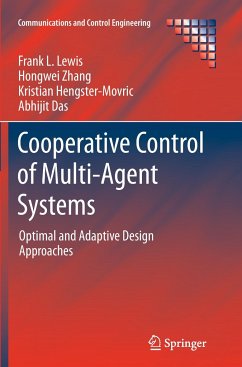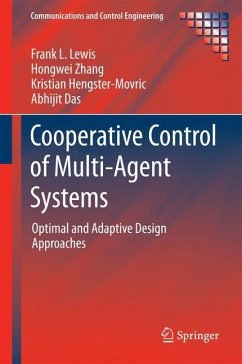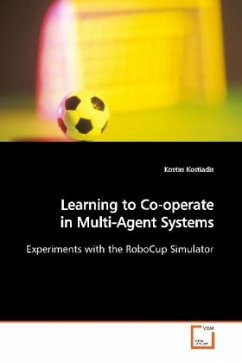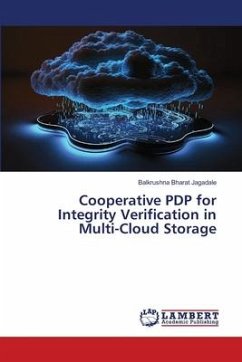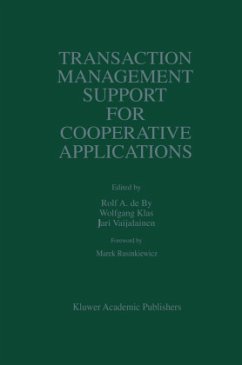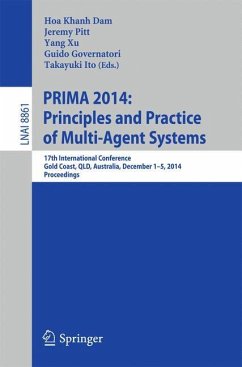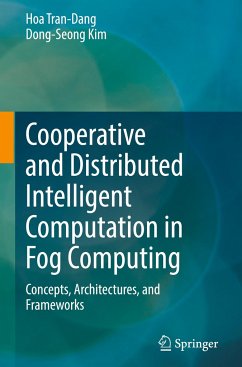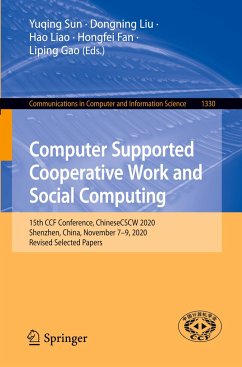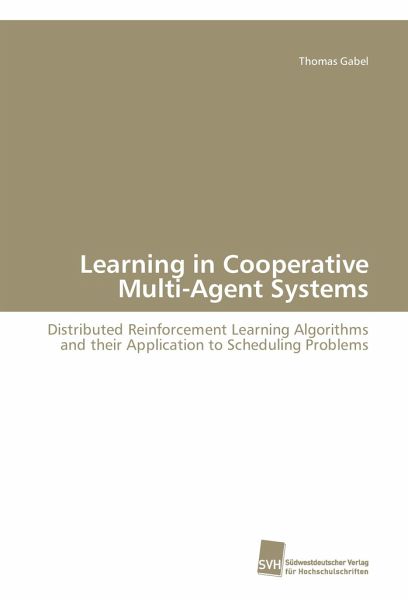
Learning in Cooperative Multi-Agent Systems
Distributed Reinforcement Learning Algorithms and their Application to Scheduling Problems
Versandkostenfrei!
Versandfertig in 6-10 Tagen
79,90 €
inkl. MwSt.

PAYBACK Punkte
0 °P sammeln!
In a distributed system, a number of individually acting agents coexist. In order to achieve a common goal, coordinated cooperation between the agents is crucial. Many real-world applications are well-suited to be formulated in terms of spatially or functionally distributed entities. Job-shop scheduling represents one such application. Multi-agent reinforcement learning (RL) methods allow for automatically acquiring cooperative policies based solely on a specification of the desired joint behavior of the whole system. However, the decentralization of the control and observation of the system a...
In a distributed system, a number of individually acting agents coexist. In order to achieve a common goal, coordinated cooperation between the agents is crucial. Many real-world applications are well-suited to be formulated in terms of spatially or functionally distributed entities. Job-shop scheduling represents one such application. Multi-agent reinforcement learning (RL) methods allow for automatically acquiring cooperative policies based solely on a specification of the desired joint behavior of the whole system. However, the decentralization of the control and observation of the system among independent agents has a significant impact on problem complexity. The author Thomas Gabel addresses the intricacy of learning and acting in multi-agent systems by two complementary approaches. He identifies a subclass of general decentralized decision-making problems that features provably reduced complexity. Moreover, he presents various novel model-free multi-agent RL algorithms thatare capable of quickly obtaining approximate solutions in the vicinity of the optimum. All algorithms proposed are evaluated in the scope of various established scheduling benchmark problems.



